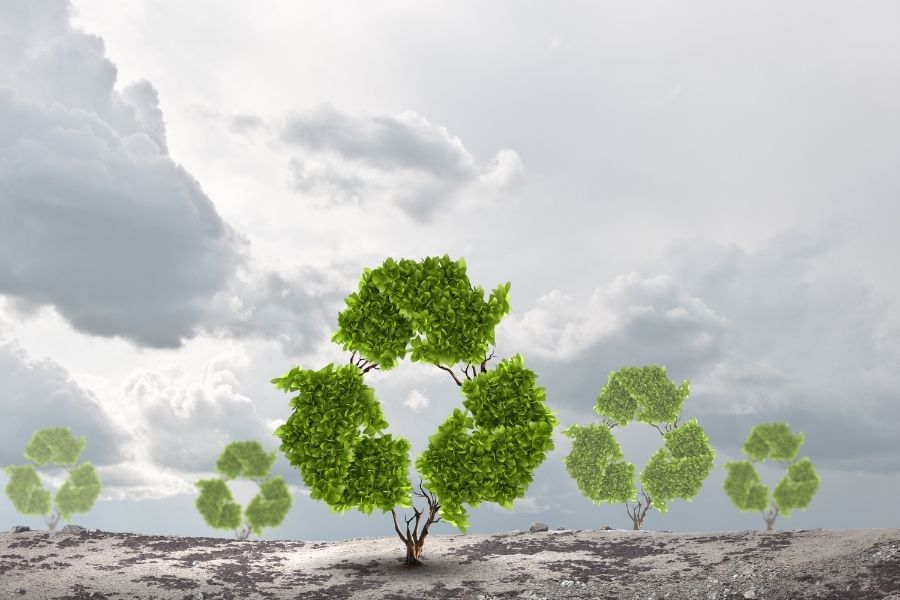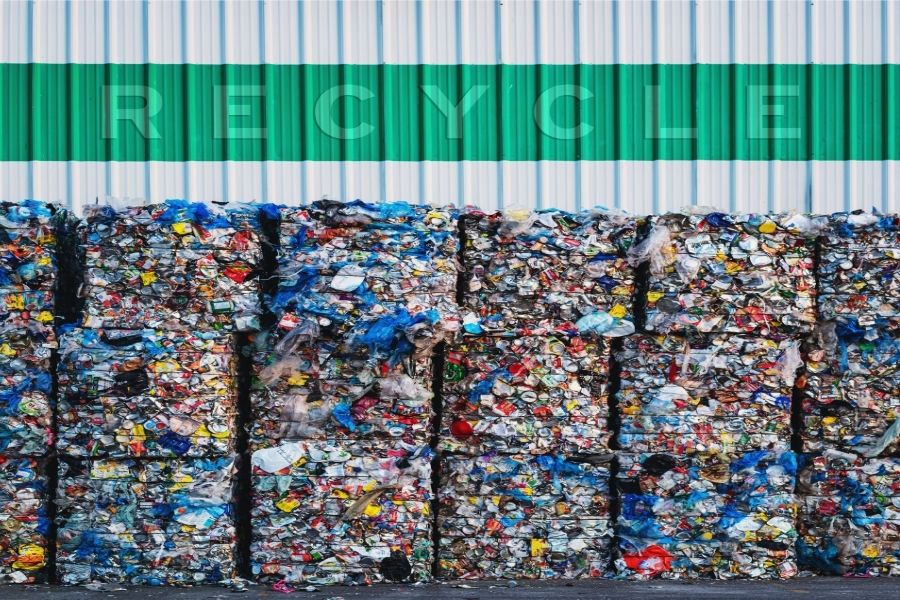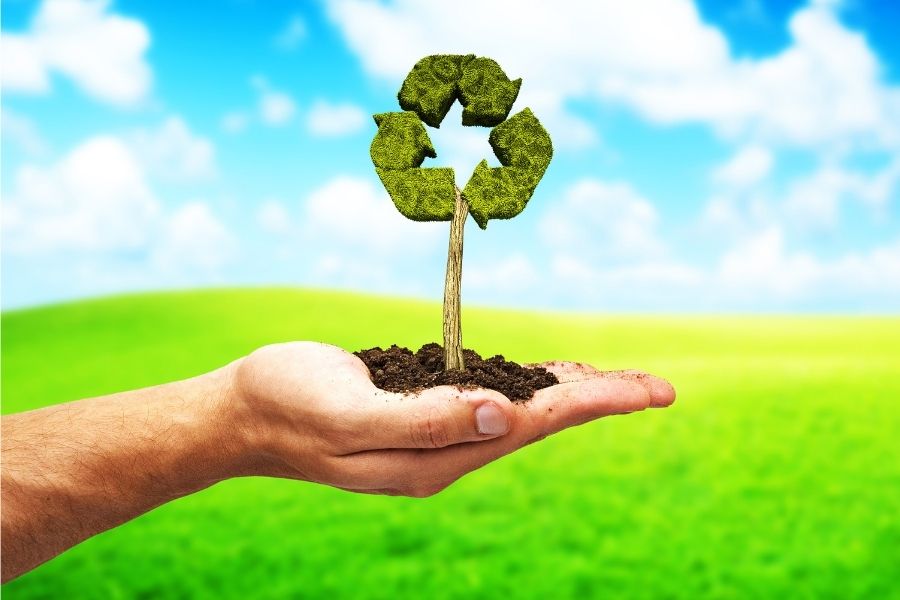
How We Recycling?
International Quality Consultancy Ltd. develops plan to customers either to re-use or to recycle in recycling facility, such as wooden pallets, cartoons boxes, nylons sheets, metals, plastics by integrating waste segregation and recycle process in Health, Safety and Environmental management plan. The volume of construction waste generated worldwide every year, according to a report from Transparency Market Research, will nearly double to 2.2. billion tons by the year 2025. According to the study, "reduce, reuse and recycle" policies are necessary to control the amount of construction waste. More than 75% of all construction waste from wood, drywall, asphalt shingles, bricks and clay tiles ends up in landfills.
Our target is to guide customers to drive environment friendly and cost saving projects.


